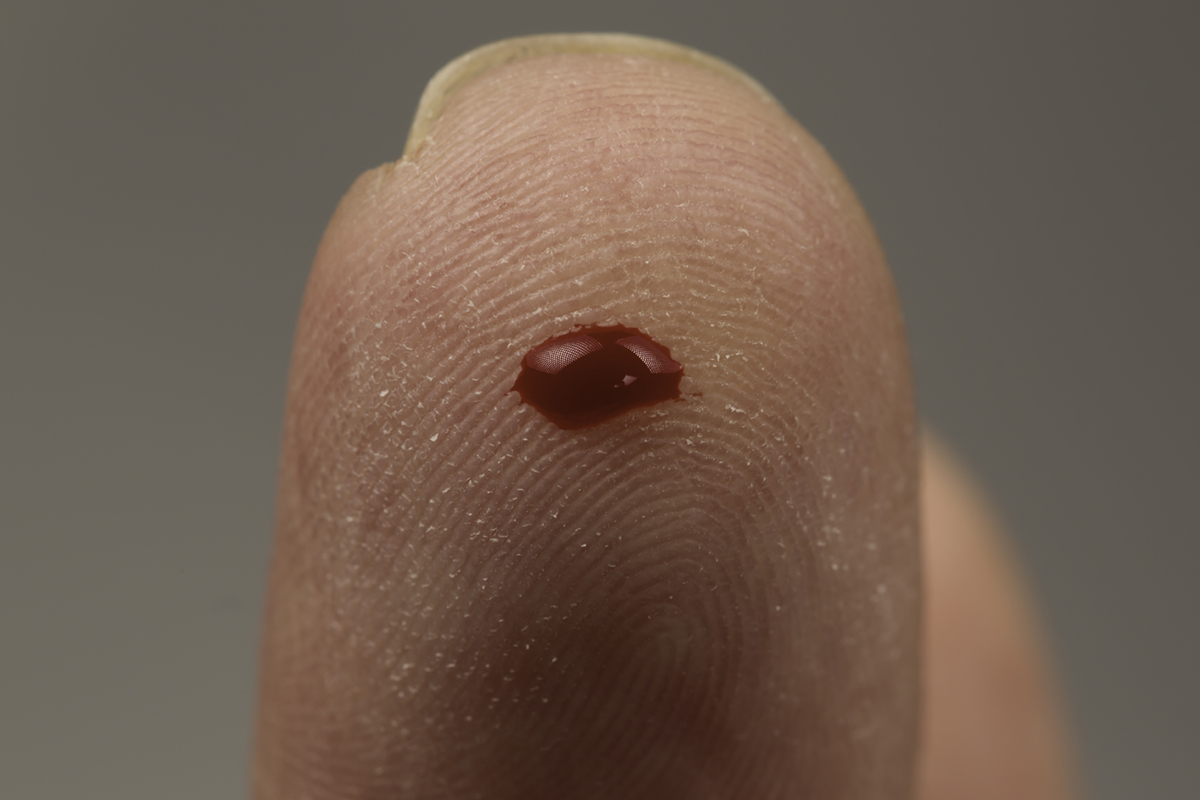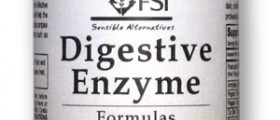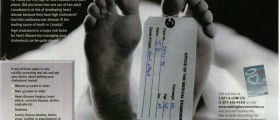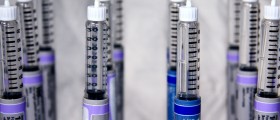
The blood urea nitrogen test, also known simply as BUN, is a measure of the amount of nitrogen in the blood in the form of urea, and a measurement of renal function. The results of BUN tests are indicating how well the kidneys and liver are working. Doctors are usually insisting on taking a BUN test whenever they suspect there is damage to the kidneys or some malfunction.
What is urea?
Urea, also known as carbamide, is an organic compound the body uses in many processes, most notably in nitrogen excretion. Urea is also crucial in countercurrent exchange system of the nephrons, which allows for re-absorption of water and critical ions from the excreted urine. In humans, urea is secreted by the liver, and excreted from the body by the kidneys. The liver, actually, produces ammonia, which contains nitrogen. Nitrogen combines with elements such as carbon, hydrogen and oxygen to form urea, which is a chemical waste product.
Why it’s done?
As already mentioned, the BUN test is conducted whenever there is a possibility of damage to the kidneys or low kidney function. Moreover, doctors will suggest taking a BUN test if a patient is receiving hemodialysis or peritoneal dialysis. If this is the case, BUN tests will help to determine the effectiveness of the treatment and the level of improvement in kidney function. BUN test is sometimes conducted to help diagnose various health problems such as liver failure, urinary tract obstruction, congestive heart failure or gastrointestinal bleeding.
BUN test results
Results of the blood urea nitrogen test are reported in milligrams per deciliter (mg/dL) in the United States and Italy. Elsewhere, the results are reported as mmol/L. Normal levels for blood urea nitrogen are 8 to 24 mg/dL for adult males (2.86 to 8.57 mmol/L) and 6 to 21 mg/dL (2.14 to 7.50 mmol/L) for adult females. Normal levels vary depending on the patients’ age. Children usually have much lower levels than adults do.
Low BUN levels
BUN test results that show lower than normal BUN levels are sometimes indicators of serious liver damage. However, a decrease in blood urea nitrogen is often caused by malnutrition or a diet low on protein and carbohydrates. Low BUN levels may also result from excessive alcohol consumption.Elevated BUN levels
BUN levels that exceed >60 mg/dL indicate a moderate-to-severe degree of renal failure. Sometimes, these results are due to temporary conditions such as dehydration or shock, or may be due to either acute or chronic disease of the kidneys. Elevated urea nitrogen can also be due to urinary tract obstruction, congestive heart failure, gastrointestinal bleeding or protein rich diet.

















Your thoughts on this
Loading...